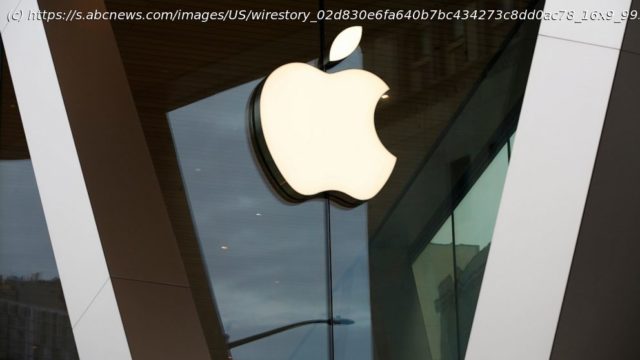Array
An appeals court on Monday upheld Apple’s exclusive control over the distribution of iPhone apps, rejecting the latest attempt to force one of the world’s most powerful companies to dismantle the digital walls protecting its most lucrative product.
The 92-page decision issued by the U.S. Ninth Circuit Court of Appeals largely affirmed the findings of a lower-court judge who presided over a 2021 trial that revolved around an antitrust lawsuit filed by Epic Games, the maker of the popular Fortnite video game.
Epic Games‘ lawsuit alleged Apple’s app store — which was launched in 2008, a year after the first iPhone went on sale — had turned into an illegal monopoly that stifles innovation and competition while generating billions of dollars in profit for Apple.
Epic tried to offer an alternative way to get its mobile app, attempting to evade the developer fees inside the app store, which collects a commission of 15% to 30% on subscriptions and other digital transactions.
Apple ousted Epic from its app store after it tried to get around restrictions that Apple says protect the security and privacy of iPhone users while also helping to recoup some of the investment that powers one of the world’s most ubiquitous devices.
U.S. District Judge Yvonne Gonzalez Rogers rejected the monopolist clams leveled against Apple in her September 2021 decision following a 16-day trial held in May of that year. The high-profile trial featured more than 500 exhibits and testimony from more than a dozen witnesses, including Apple CEO Tim Cook and Epic CEO Tim Sweeney.
After listening to oral arguments last November, the three Ninth Circuit judges handling the appeal upheld the gist of Gonzalez Rogers’ decision with a few minor exceptions.






